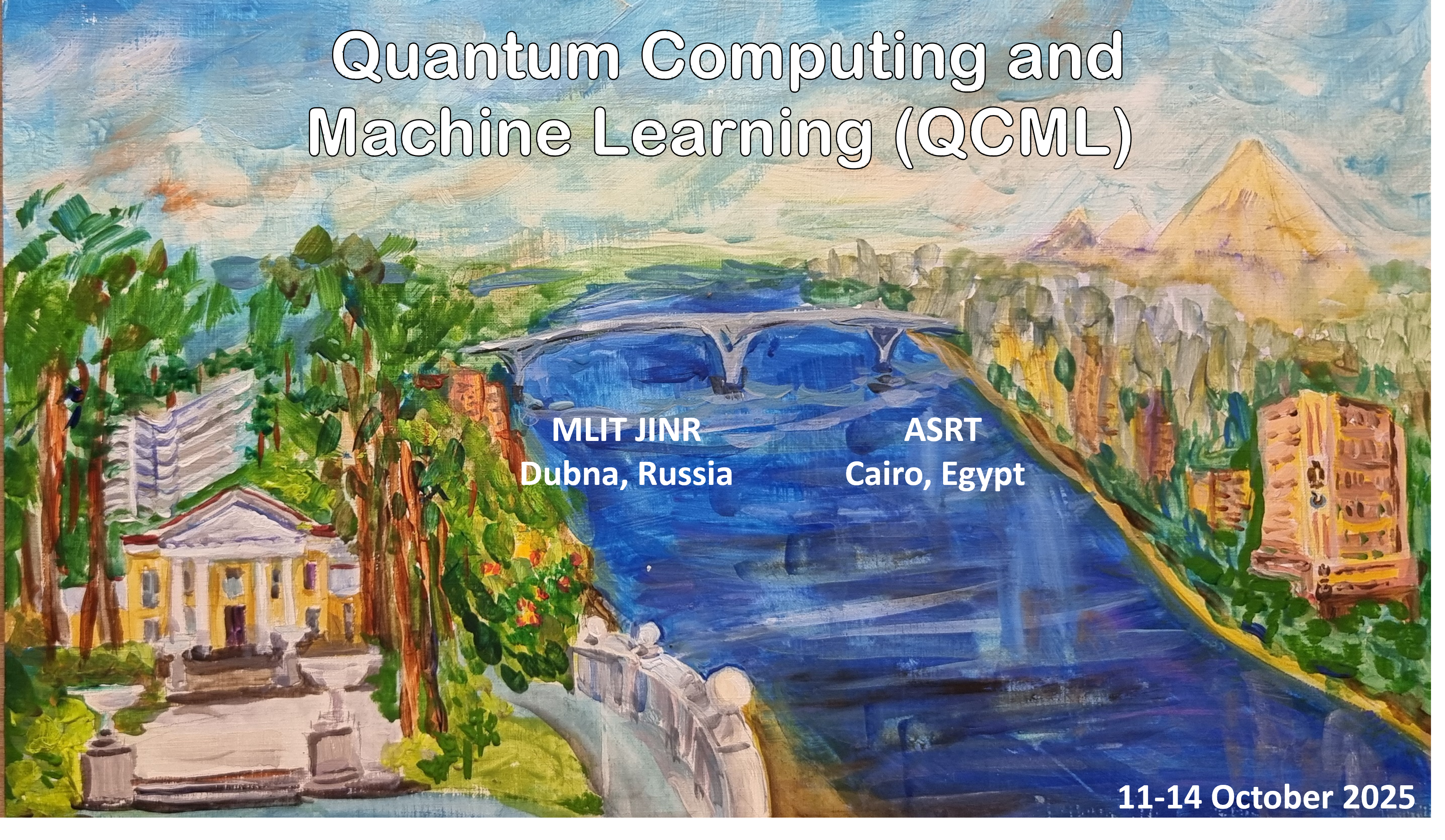Speaker
Description
The rapid progress in quantum information science has opened promising directions for solving complex computational problems in ways unattainable by classical methods. Among these, quantum machine learning (QML) offers a powerful framework that merges quantum algorithms with data-driven approaches, enabling potential speedups in classification, optimization, and simulation tasks. This presentation focuses on the mathematical principles underlying QML, including the formulation of quantum circuits for learning models, representation of data in high-dimensional Hilbert spaces, and analysis of computational complexity. Examples will be drawn from both theoretical and applied contexts, illustrating how hybrid quantum–classical methods can address challenges in science and technology. The discussion will highlight current research trends, open problems, and possible paths toward practical implementation on near-term quantum devices.

